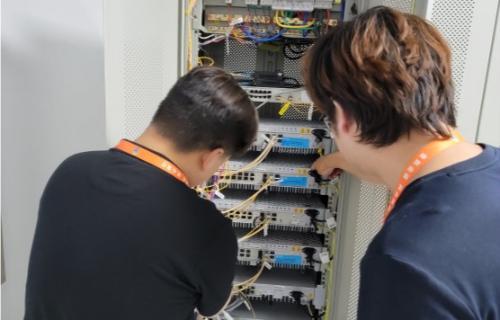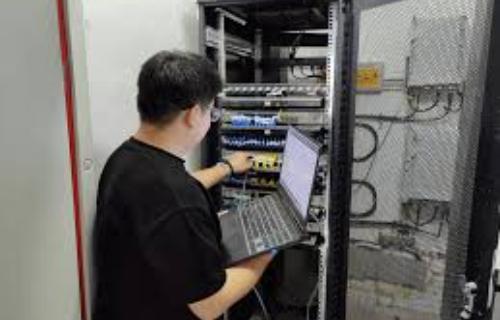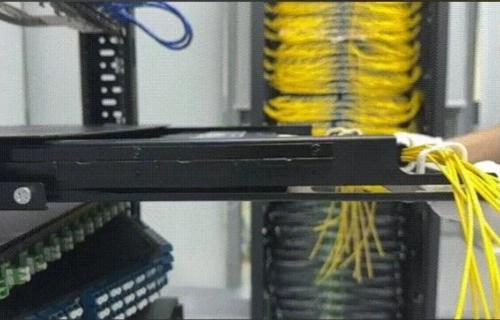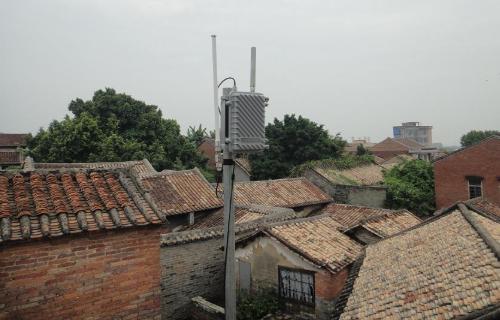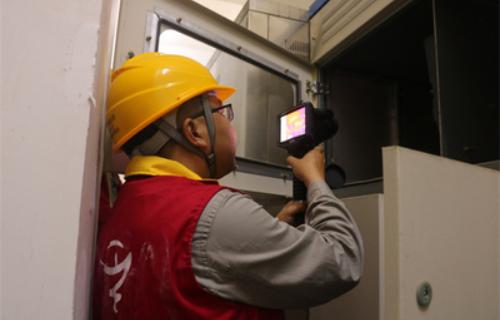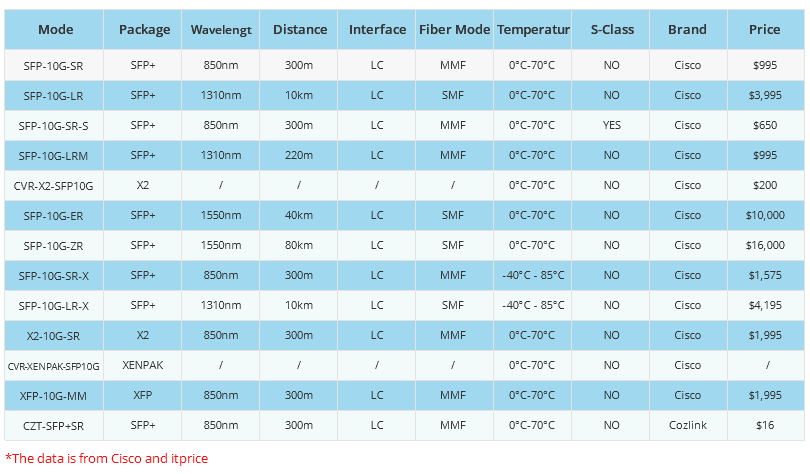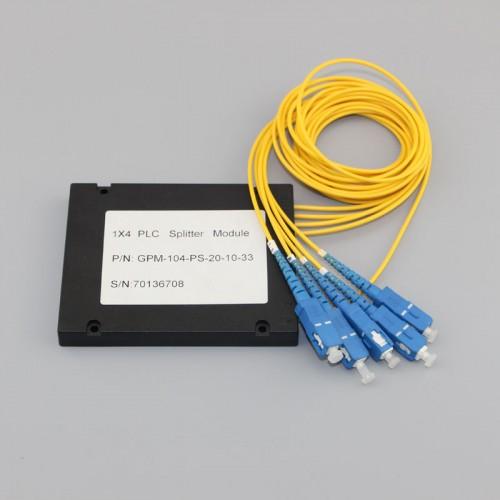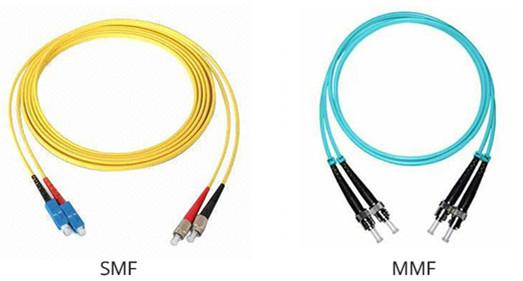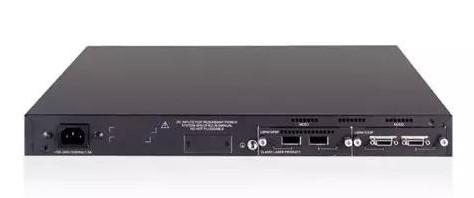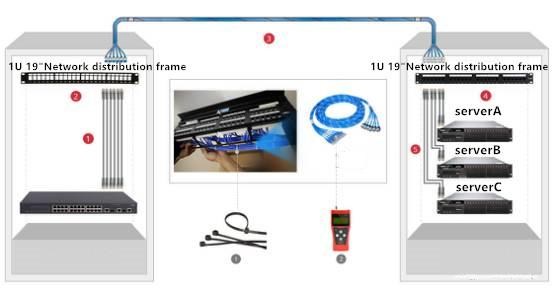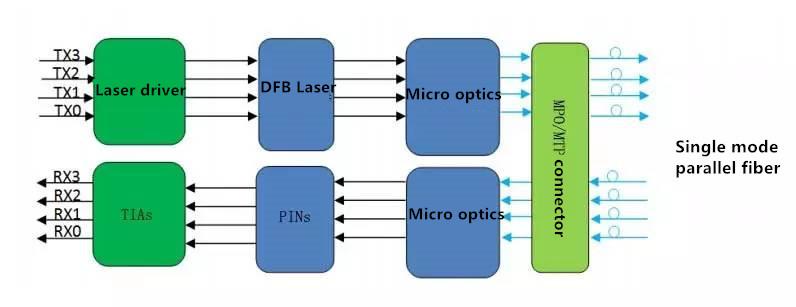- Related articles
- All Cisco SFP-10GB-LR's information (List price, Specs, Datasheet PDF, Compatibility matri
- The Things You Need to Know about 10GBASE-X Ethernet Standards
- Several Best-Selling Cisco GBIC Transceivers
- Optical Transceivers for Cisco WS-C3650-24TS-S-RF Switch
- Optical Transceivers for Cisco N6K-C6001-64P Switch
- The New Easy-to-Use Managed Switches-Cisco 350 Series
- Optical Transceivers for Cisco 7600-ES+20G3C= Switch
- What is GJFJH Fiber Optic Cable?
- Optical Transceivers for Cisco IE-3010-24TC Switch
- Applicable to 1000BASE-SX2 Standard Optical Transceiver Models

PCI stand for Peripheral Component Interconnect, it is the most widely used in PC interface, almost all of the motherboard products with this slot. PCI slot is motherboard slot types with the highest number, so you can imagine that the wide range of PCI card application.
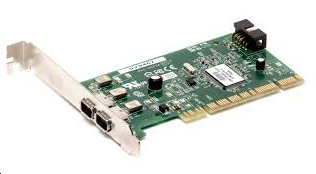
PCI card is a parallel bus, synchronous to a single bus clock. Attached devices can take either the form of an integrated circuit fitted onto the motherboard itself (called a planar device in the PCI specification) or an expansion card that fits into a slot.
Application of PCI card
PCI card allows you to connect to motherboard by using PCI slots, The PCI card is the kind of expansion card which increase the machines capabilities beyond what the motherboard could produce alone, such as: enhanced graphics, expanded sound, increased USB and hard drive controller, and additional network interface options, to name a few. PCI card commonly applied to PC interface, and used to expand the capabilities of a computer, there are some types of PCI card, such as sound card, graphics card, network card, video card etc.
PCI card slot
PCI card slot, is based on PCI local bus (Peripheral Component Interconnection) expansion slot, which color is Ivory, and under the AGP slot and above ISA slot. It’s a 32-bit or 64 - bit width and working frequency for 33 MHZ, maximum data transfer rate of 133 MB/SEC (32) and 266 MB/SEC (64). It can plug graphics cards, sound cards, network cards, built-in Modem, built-in ADSL Modem, USB card, IEEE1394 card, IDE interface card, RAID card, TV card, video acquisition card, and other varieties of expansion card. PCI card slot is the main extension of motherboard slot, it can get computer can achieve almost all functions by inserting different expansion card, is worthy of the name "universal" expansion slot.
Now, you have known that what is the PCI card and what does it used for, the definition and function of PCI card slot, you know the PCI card must be add in the PCI slot to work, so there is a doubt will arise: How can I add a PCI card if I don't have an PCI slot? Please read the following part and you will find the answer.
How can I add a PCI card if I don't have an PCI slot?
To connect a PCI card to a computer the motherboard must have a PCI slot. As mentioned above, some of today's computers no longer come with a PCI expansion slot. If your motherboard does not have a PCI expansion slot, we recommend getting a more modern card that your motherboard supports.
Summary
As the bandwidth of the PCI bus only 133 MB/s, can satisfy the requests of sound cards, network cards, video cards and most of input/output devices, but can't meet the needs of graphics cards which more and more powerful. Now, The PCI card is out of fashion, it only exists on older PCs, and manufacturers are rarely introduced and sold this kind of interface products.








































